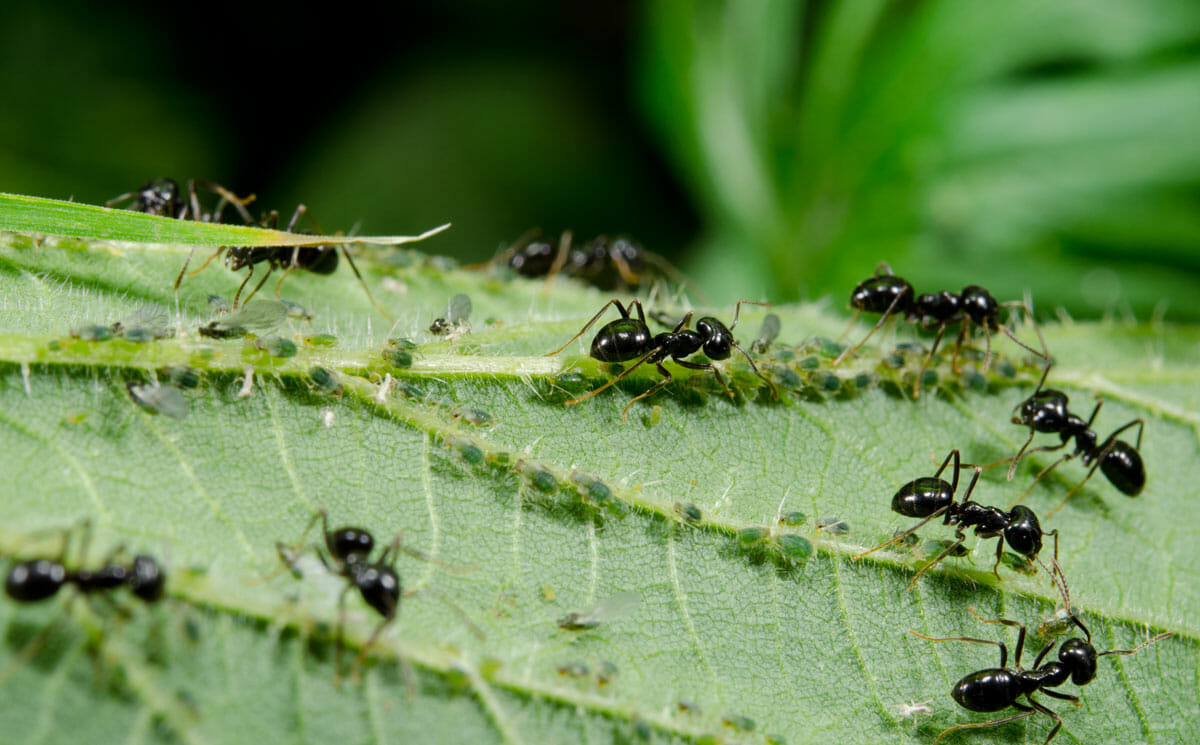I think
@Grand Mal would have been correct for most civilizations/periods up to the last century or so. Benjamin Franklin certainly
seemed to think so:
"The proneness of human Nature to a life of ease, of freedom from care and labour appears strongly in the little success that has hitherto attended every attempt to civilize our American Indians, in their present way of living, almost all their Wants are supplied by the spontaneous Productions of Nature, with the addition of very little labour, if hunting and fishing may indeed be called labour when Game is so plenty, they visit us frequently, and see the advantages that Arts, Sciences, and compact Society procure us, they are not deficient in natural understanding and yet they have never shewn any Inclination to change their manner of life for ours, or to learn any of our Arts; When an Indian Child has been brought up among us, taught our language and habituated to our Customs, yet if he goes to see his relations and make one Indian Ramble with them, there is no perswading him ever to return, and that this is not natural [to them] merely as Indians, but as men, is plain from this, that when white persons of either sex have been taken prisoners young by the Indians, and lived a while among them, tho’ ransomed by their Friends, and treated with all imaginable tenderness to prevail with them to stay among the English, yet in a Short time they become disgusted with our manner of life, and the care and pains that are necessary to support it, and take the first good Opportunity of escaping again into the Woods, from whence there is no reclaiming them. One instance I remember to have heard, where the person was brought home to possess a good Estate; but finding some care necessary to keep it together, he relinquished it to a younger Brother, reserving to himself nothing but a gun and a match-Coat, with which he took his way again to the Wilderness.
"Though they have few but natural wants and those easily supplied. But with us are infinite Artificial wants, no less craving than those of Nature, and much more difficult to satisfy; so that I am apt to imagine that close Societies subsisting by Labour and Arts, arose first not from choice, but from necessity: When numbers being driven by war from their hunting grounds and prevented by seas or by other nations were crowded together into some narrow Territories, which without labour would not afford them Food."

/hi--ant--118271255-44531ed79a964493a3977c8e664d8021.jpg)


